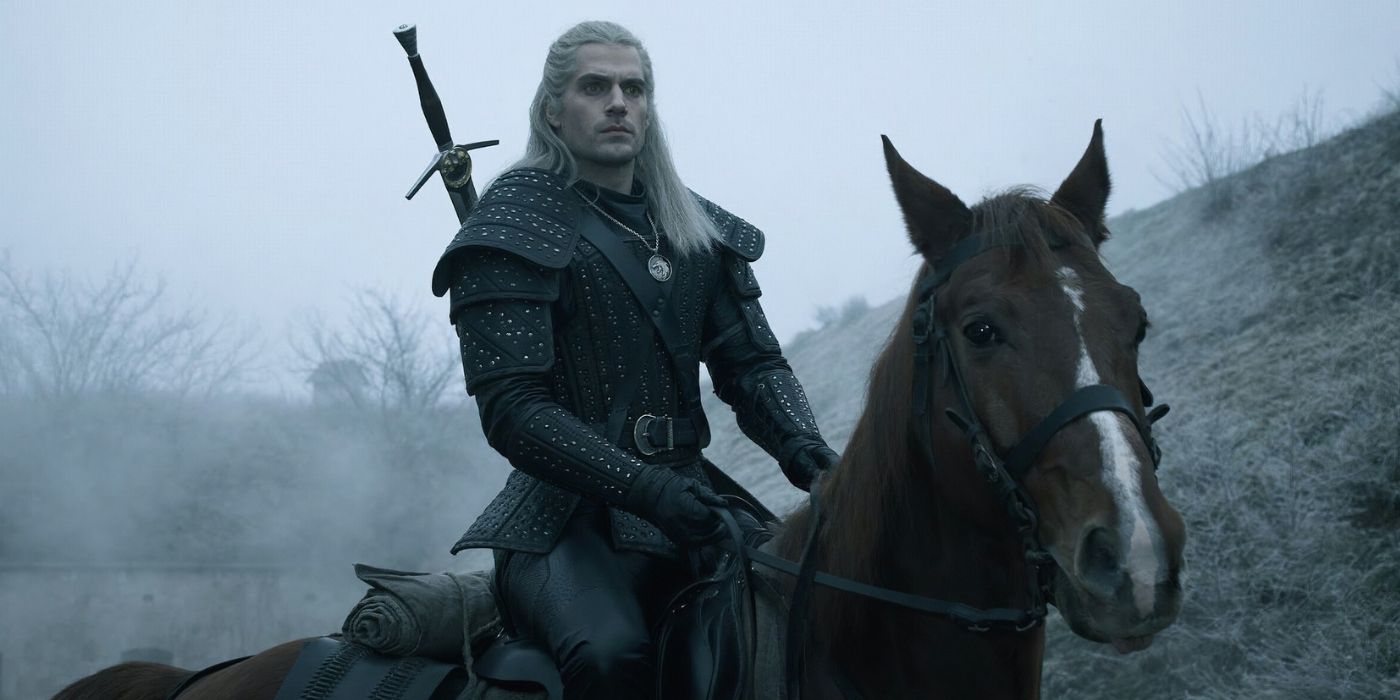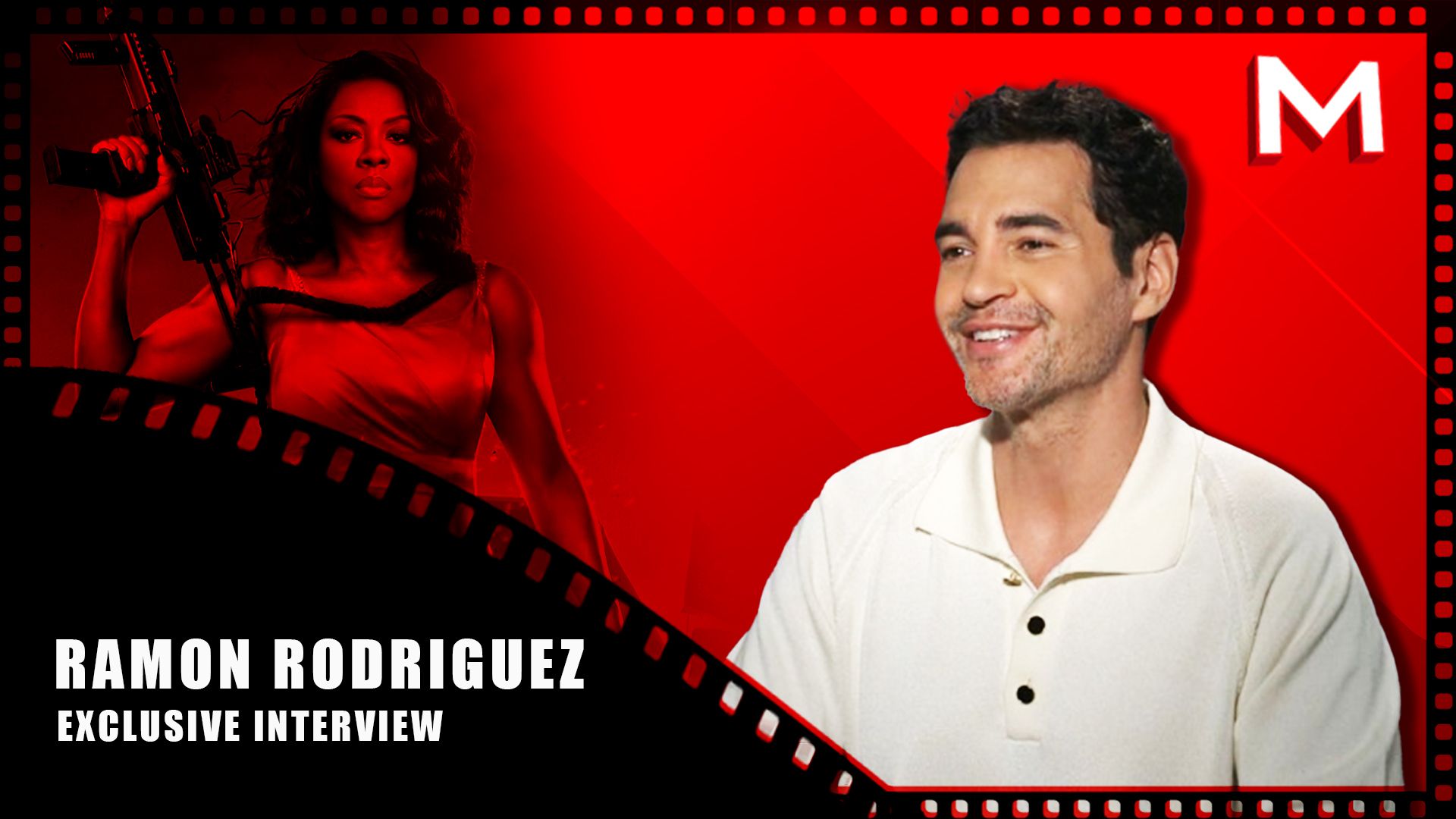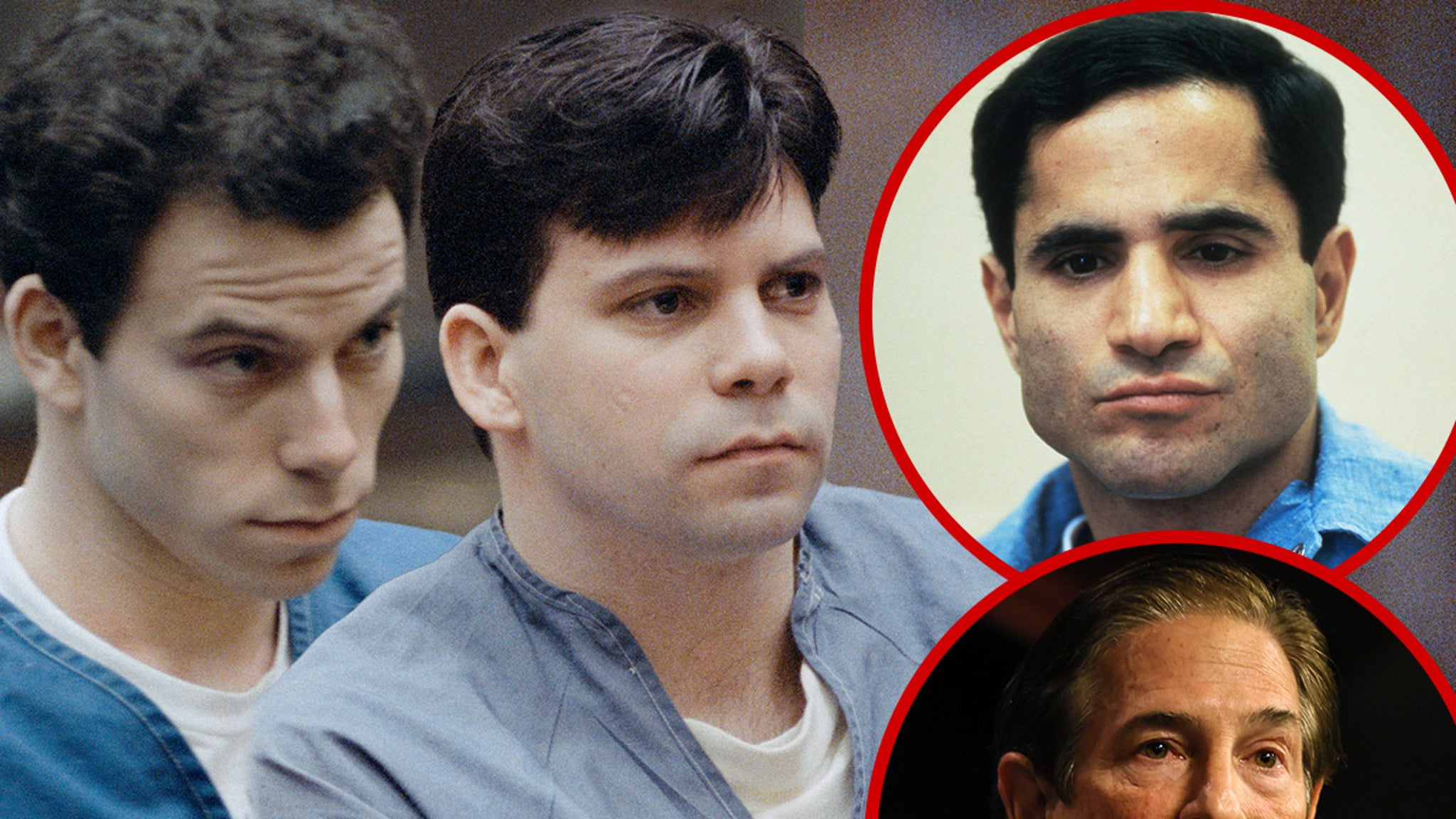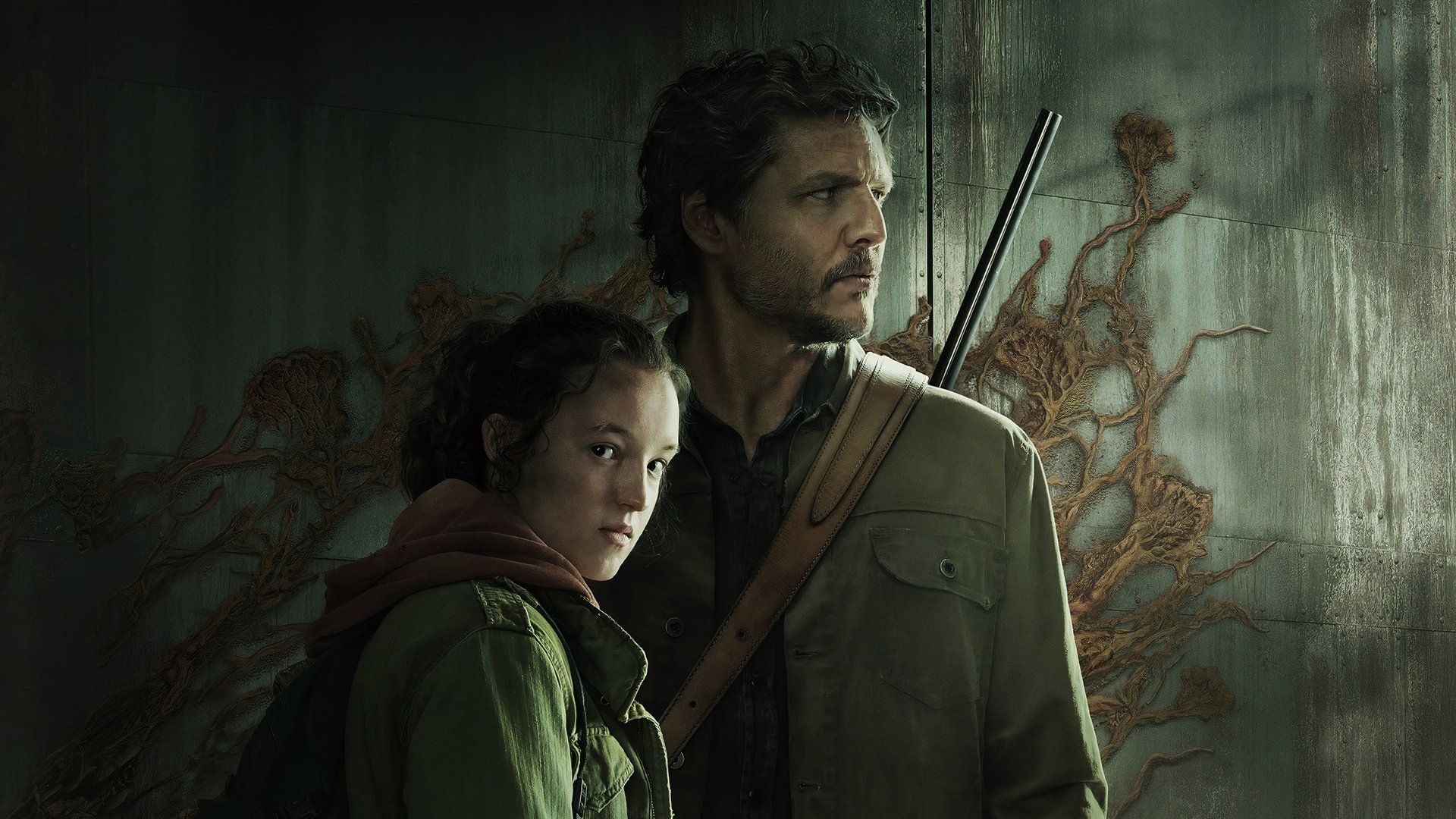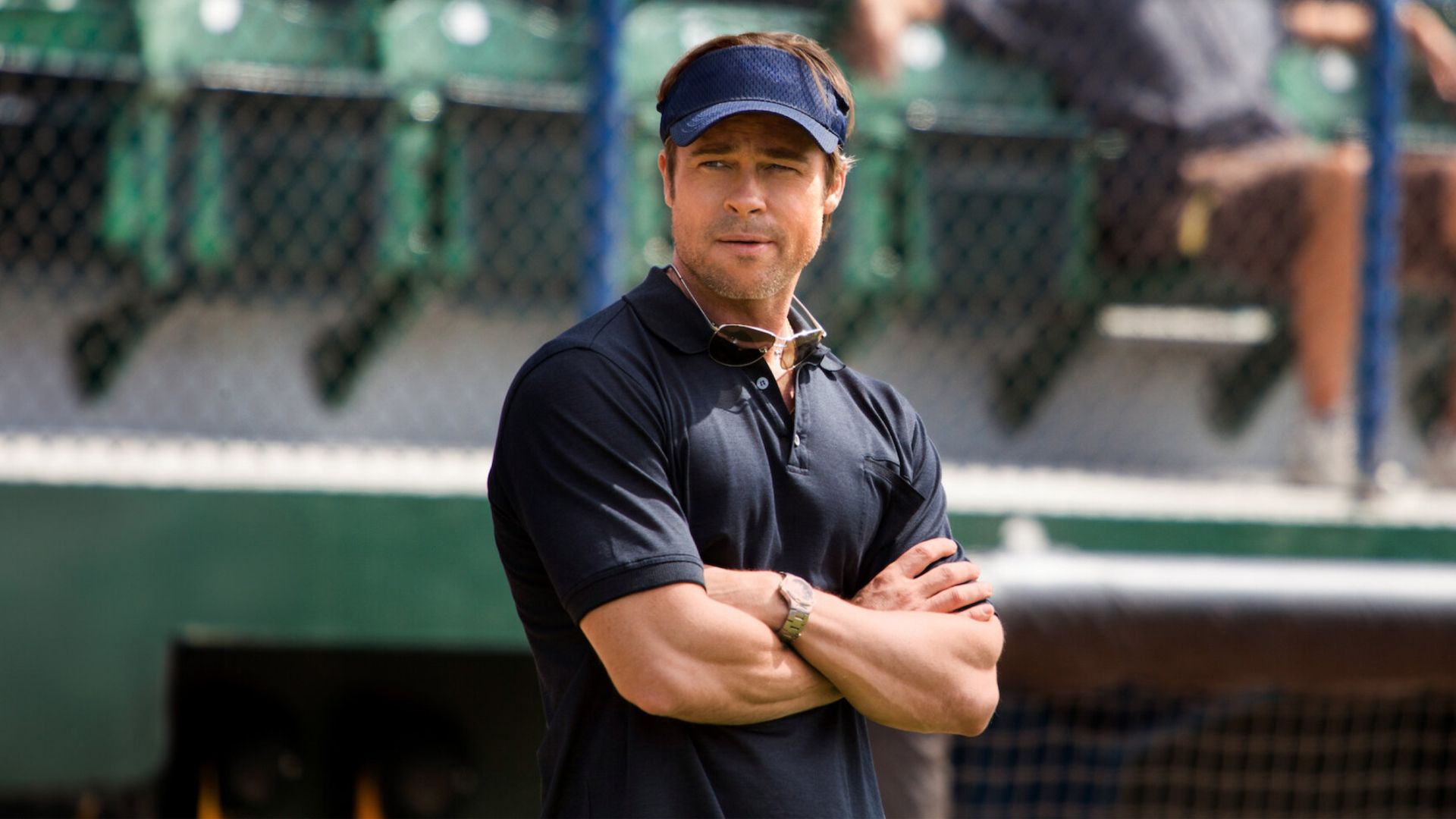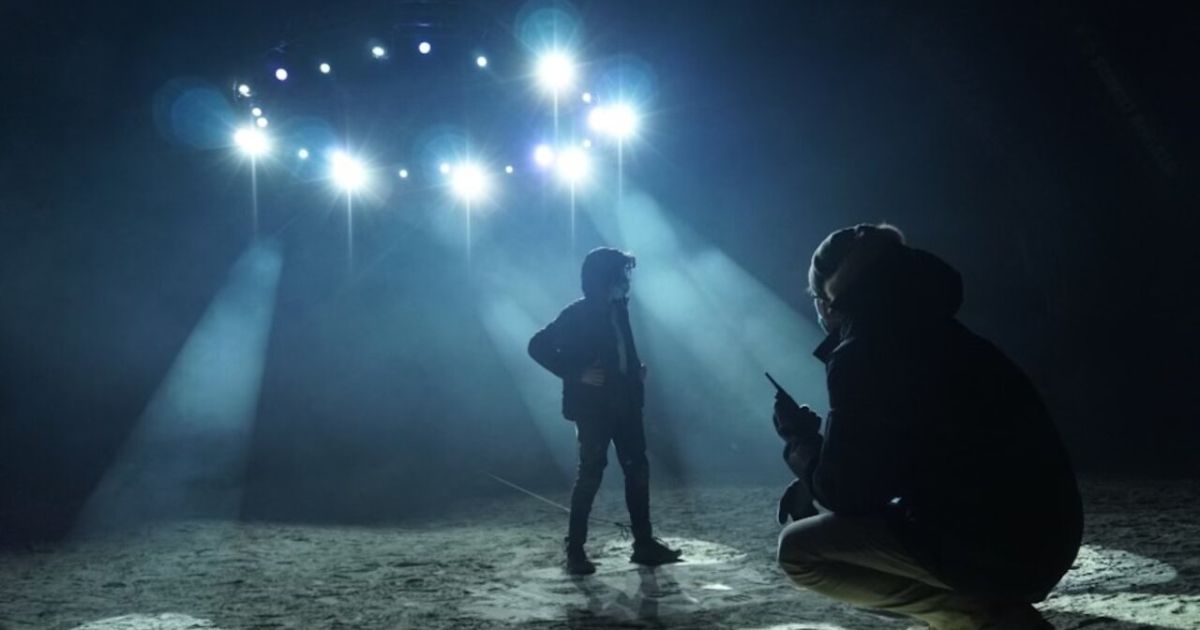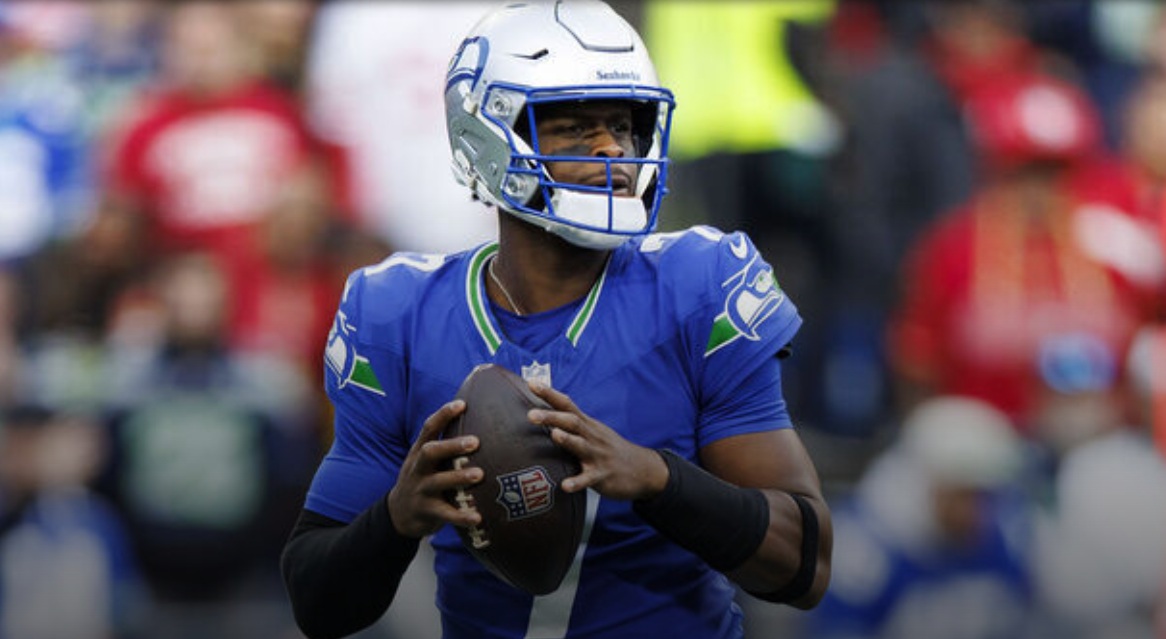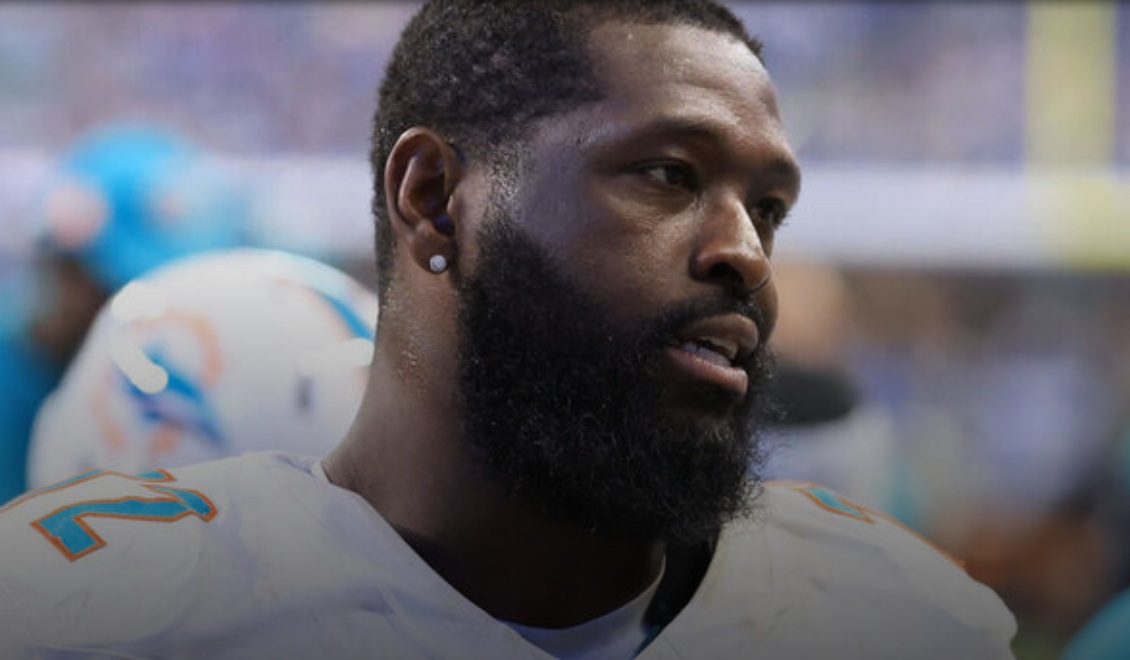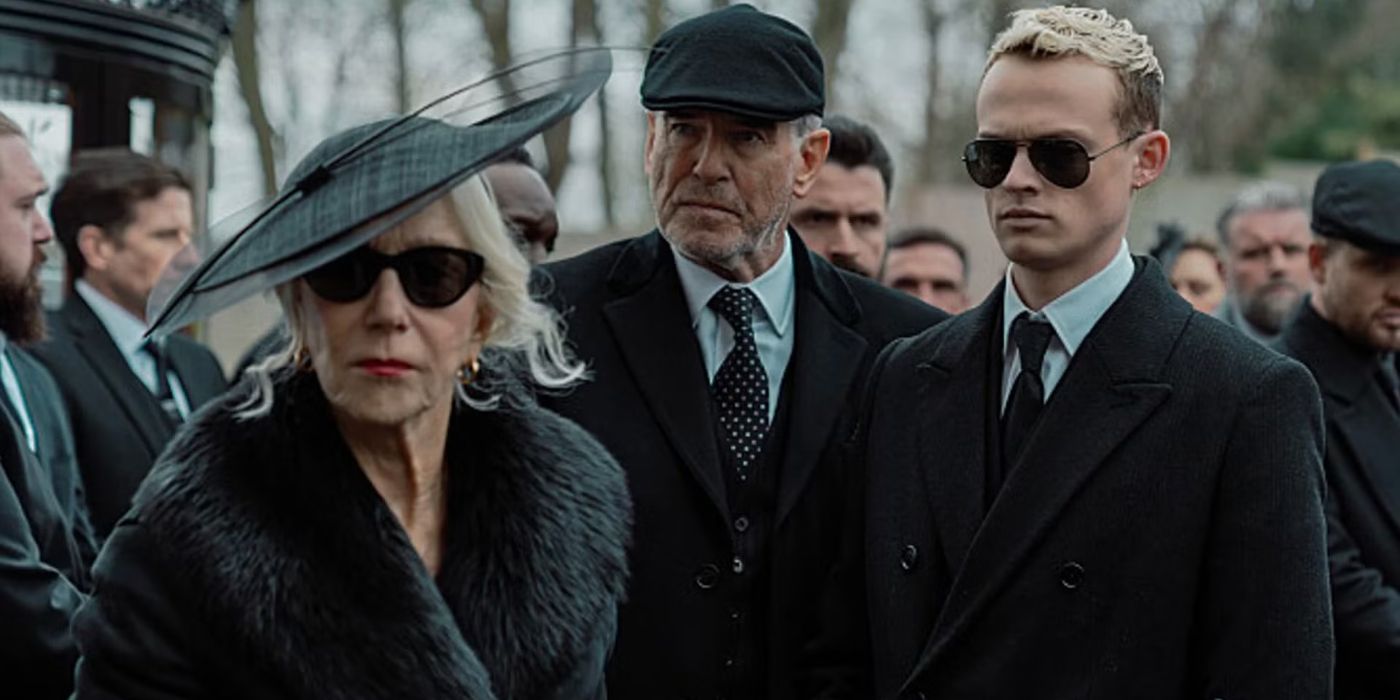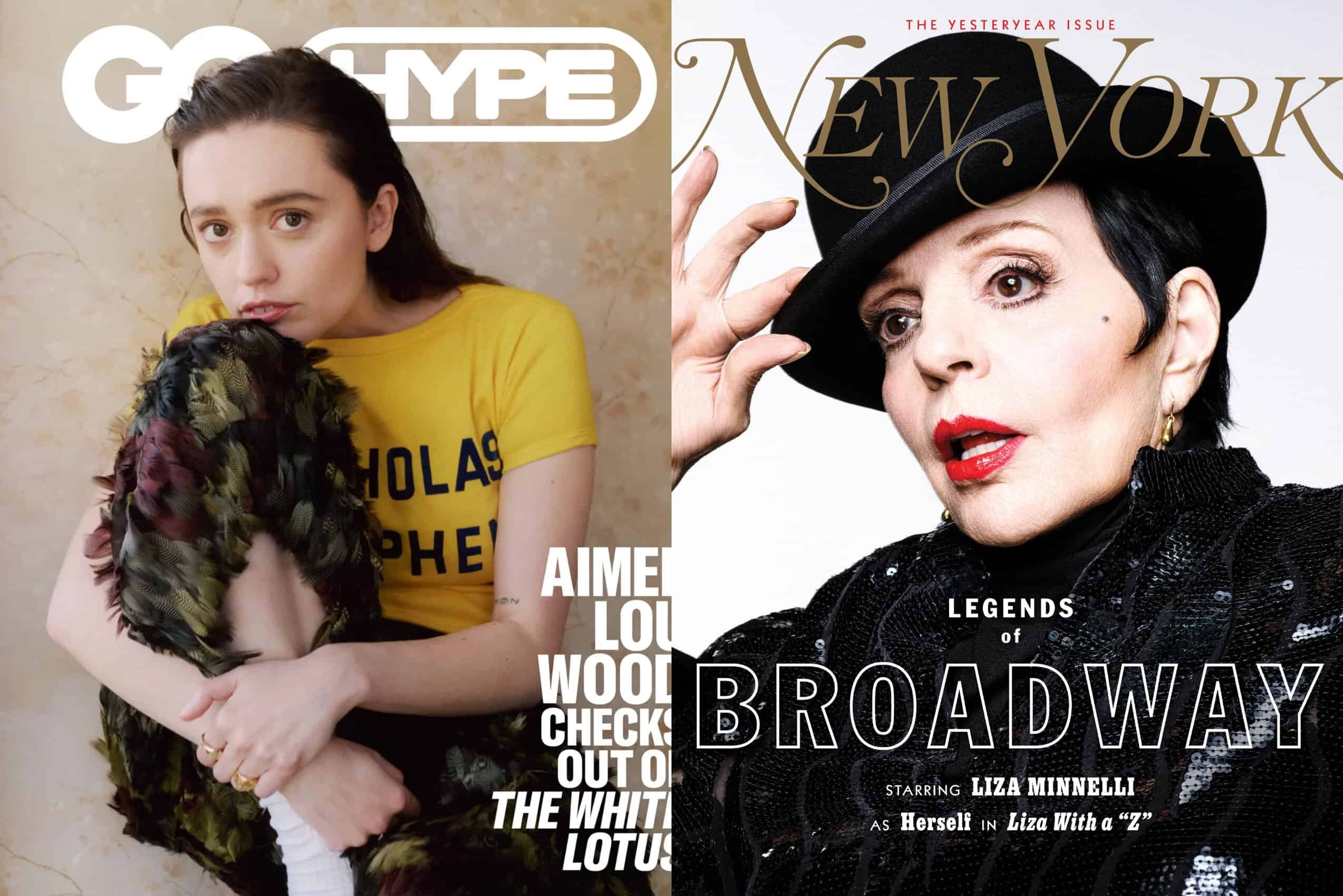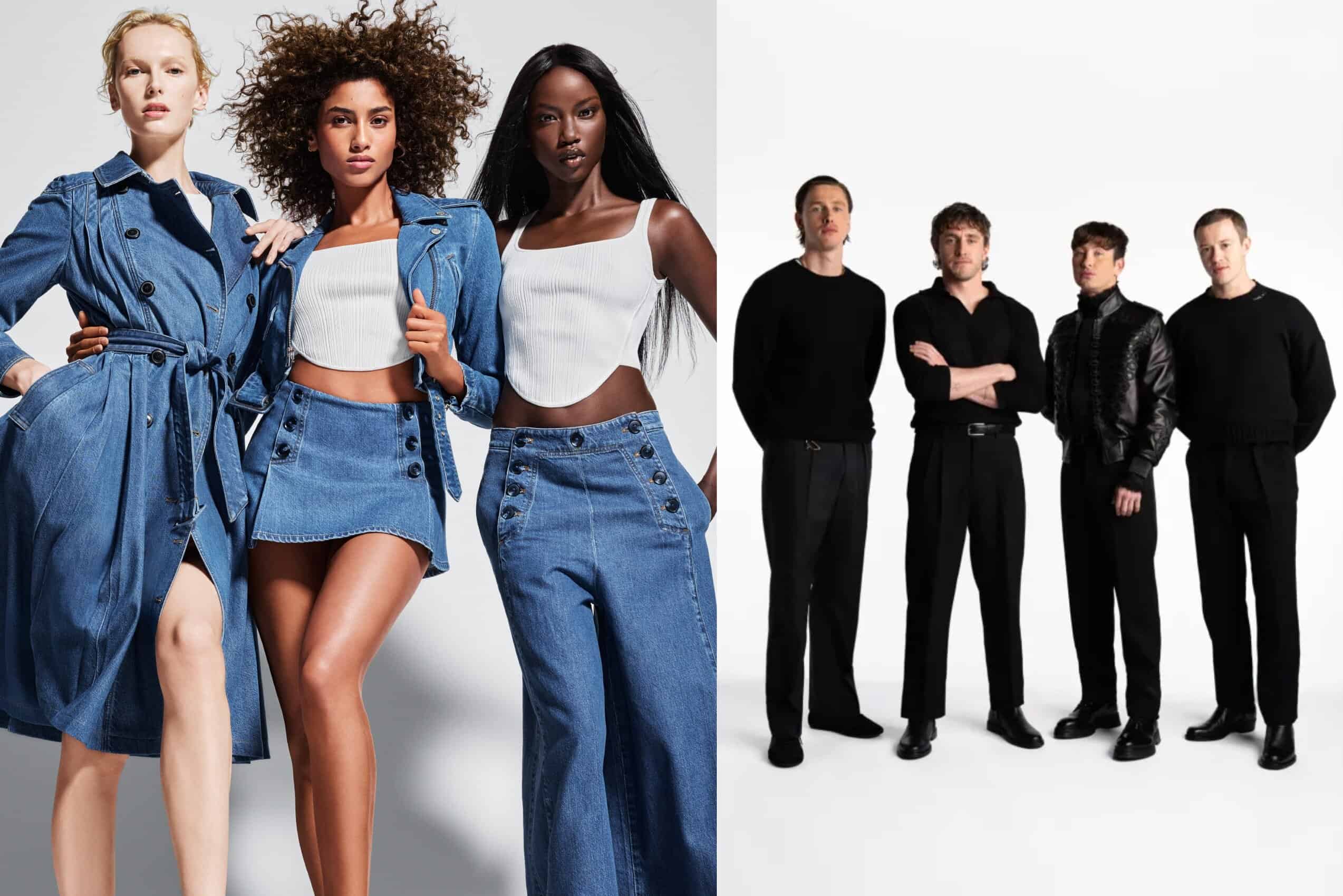The series starts on August 10th with Floyd Russ’ “Malice at the Palace,” a detailed and emotional recounting of what happened in Auburn Hills on November 19, 2004 when an on-court fight erupted into the stands, becoming one of the most unexpected sports stories of the decade, derailing a potential championship run by the Indiana Pacers. “Untold” shapes the story from the personal accounts of Ron Artest, Stephen Jackson, and Jermaine O’Neal, three men who would eventually be handed the longest suspensions in NBA history. The media world labeled these three as thugs, but recent events at NBA games have kind of reshaped this narrative as we have seen fans increasingly cross the line in arenas. Was The Palace where that line was broken? I wish the piece made some more of those connections and dug more into the racial coding of how the players were framed, but it is an undeniably riveting piece of filmmaking when it comes to interviews. Artest, Jackson, and O’Neal are fascinating, telling their stories for what really feels like the first and last time.
There’s a similarly revealing aspect to what’s probably the best of the five, “Breaking Point,” directed by the Ways themselves. Perhaps it’s because of the tie to current mental health issues or my own struggles with them in the past, but I found this chapter incredibly moving, detailing the rise and eventual collapse of tennis superstar Mardy Fish. After training as a youth with Andy Roddick, Fish watched as his buddy became one of the most famous tennis players in the world, always feeling kind of secondary to his ascendance. However, Fish kept training and kept pushing, eventually reaching that same tier, only to have his anxiety and panic attacks completely derail him. Fish is incredibly honest and emotional in this chapter, speaking openly about the daily battle with anxiety that he fights (and wins) every day.
The film that will probably get the most attention is titled simply after its subject: “Caitlyn Jenner.” Premiering on August 24th, and directed by Crystal Moselle (“The Wolfpack”), it’s a surprising entry in that it’s not what you might expect from the paparazzi favorite. Going into it, I assumed it would focus on Caitlyn’s transitioning and her celebrity status that has even led to political aspirations, but it’s equally tied to the athletic history of someone Caitlyn created to hide the gender issues she couldn’t process, an athlete named Bruce. She speaks about Bruce as a proud creation, someone she crafted as a public figure and then couldn’t put away, even as she was ready to live her truth. I wish Moselle dug even deeper into the idea that Bruce was a success because Caitlyn was pushing herself physically almost as a form of denial, but it’s still an accomplished film that may not be what you expect.
You can view the original article HERE.


